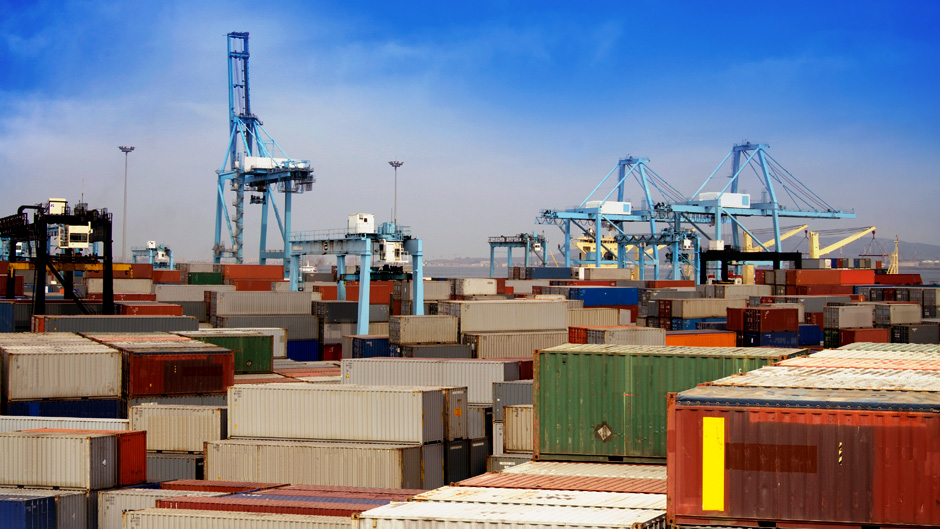
Event
2025 Insurathon: Pitch to win £50,000 of investment and pro bono UK legal advice
The Insurathon is a Norton Rose Fulbright event which fosters technological advancements and innovation in the insurance sector, now in its eighth year.


Global | Publication | July 2019
Since March 29, 2019, the UK Registry of Shipping and Seamen (the UK Registry) has expanded eligibility for the UK flag in order to accept a wider category of shipowners and has also been granted power to suspend a ship’s UK registration while that ship is bareboat chartered out to another acceptable jurisdiction. The registrar was also given the power to refuse registration and de-registration of a sanctioned ship. These changes were made pursuant to The Merchant Shipping (Registration Of Ships) (Amendment) (EU Exit) Regulations 2019.
These changes have not been widely publicized as the timing of this new broadened eligibility fell on March 29, 2019, the date the UK was due to leave the EU, and other events at that time dominated the headlines.
Previously, eligibility for the flag was limited to owners within the European Economic Area (EEA) and British overseas territories. Under the new rules, in addition to allowing UK and EU nationals, UK companies and EEA companies, eligibility to register a ship on the UK Registry has been extended to Commonwealth citizens and countries, to persons settled in the UK and to citizens and companies of the following countries: Argentina, Aruba, Bahrain, Brazil, the Canary Islands, China (including Hong Kong), the Faroe Islands, Haiti, Israel, Japan, Liberia, Madeira, the Marshall Islands, Monaco, Panama, South Korea, Switzerland, Surinam, the United Arab Emirates and the United States of America. The full list of entities who are qualified to be the owners of ships which are to be registered on Part I of the Register is available here.
All vessels will still have to go through a pre-check process (port state control, class, etc.) and, if necessary, a pre-flag inspection. Only when the UK Registry has completed all the necessary checks and is satisfied with the vessel’s operation, condition and International Safety Management (ISM) manager’s ability to run quality shipping will the registration process proceed. The UK Registry has been undertaking this process for several years to ensure the quality of the UK flag is not diminished by poor ships or operators.
There is no requirement for the owner or the manager to have a UK presence, but if the owner/corporate entity is based outside of the UK, they are obliged to nominate a UK-based representative person/managing owner. This nomination is purely for registration correspondence (for example renewal notices or reminders etc.) and can be performed by a local service provider. It has no bearing on the physical management of the vessel’s operation, which remains with the ISM manager whose location is unrestricted.
For many years, the UK Registry has been able to register ships which are bareboat chartered to an eligible owner, but has not allowed UK ships to bareboat register elsewhere. The recent change will allow ships to bareboat charter out to another register (in a country included in the widened eligibility criteria) while remaining able to return to the UK Registry at the end of the charterparty.
The UK flag will not be an “Open” register. With this eligibility expansion, it will be classed as an “International” register because it is still restricting applications to a defined list of countries. Open registers have no ownership restriction. The UK flag will continue to run a single register which allows domestic and international vessels to be registered on the same register.
The stated purpose of the change is to expand the UK’s role in the maritime industry, to meet its needs and to ensure the competitiveness of the UK flag. It remains to be seen whether these changes can attract shipowners to the UK flag in increased numbers at a time when the nature of the UK’s exit from the European Union remains uncertain, but they are a welcome change in approach.
Visit our Brexit blog for up to date analysis and legal commentary as the new Brexit landscape evolves.

Event
The Insurathon is a Norton Rose Fulbright event which fosters technological advancements and innovation in the insurance sector, now in its eighth year.
Subscribe and stay up to date with the latest legal news, information and events . . .
© Norton Rose Fulbright LLP 2025